When it comes to industrial applications, the choice of piping material is crucial for performance, durability, and cost-effectiveness. Among the popular options are carbon steel seamless pipes and stainless steel (SS) 304 seamless pipes. This guide will provide an overview of the pricing and key factors to consider when selecting these materials.
Understanding Seamless Pipes
Seamless pipes are manufactured without a seam or weld, which makes them stronger and more reliable under pressure. This characteristic is especially important in high-stress applications. Both carbon steel and SS 304 are widely used, but they have distinct properties and price points.
Pricing Overview
Prices for seamless pipes can vary based on several factors, including:
- Material Grade: The type of steel affects the cost. Carbon steel is generally less expensive than SS 304.
- Diameter and Wall Thickness: Larger diameters and thicker walls increase the amount of material used, thus raising the price.
- Length: Standard lengths are typically more affordable, while custom lengths may incur additional costs.
- Market Fluctuations: Prices can be influenced by global steel market trends, availability of raw materials, and geopolitical factors.
Estimated Price Ranges (as of 2024):
- Carbon Steel Seamless Pipe:
- Rs.75 per kg
- SS 304 Seamless Pipe:
- Rs. 280 per kg
Key Factors Influencing Choice
- Corrosion Resistance: SS 304 offers excellent resistance to corrosion, making it ideal for applications in environments exposed to moisture and chemicals. Carbon steel may require additional coatings for similar protection.
- Temperature and Pressure Ratings: Carbon steel is suitable for high-temperature applications, while SS 304 maintains integrity under both high and low temperatures.
- Weight: SS 304 is generally lighter than carbon steel, which can be a consideration for certain applications.
- Weldability: Both materials can be welded, but SS 304 requires specific techniques to avoid compromising its corrosion resistance.
- Application Suitability: Carbon steel is commonly used in construction and manufacturing, while SS 304 is preferred in food processing, pharmaceuticals, and chemical industries.
Conclusion
Choosing between carbon steel and SS 304 seamless pipes involves balancing cost with performance requirements. While carbon steel is often the more economical option, SS 304 provides superior corrosion resistance and longevity in challenging environments.
For accurate and up-to-date pricing, it’s advisable to consult with suppliers and manufacturers, as they can provide tailored quotes based on your specific needs. Whether you prioritize budget or performance, understanding the nuances of these materials will guide you toward the right decision for your project.
If you have questions about seamless pipe pricing or need assistance with your next project, feel free to reach out to our team for expert advice!

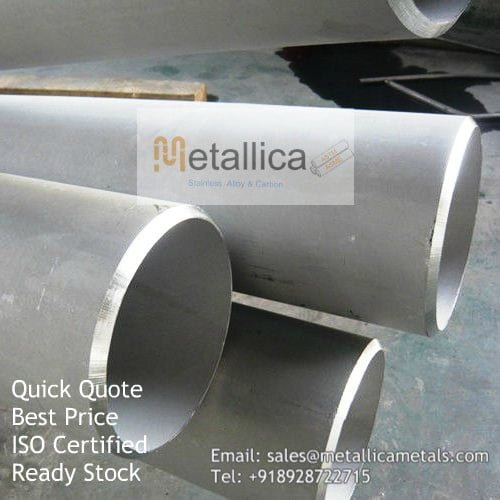
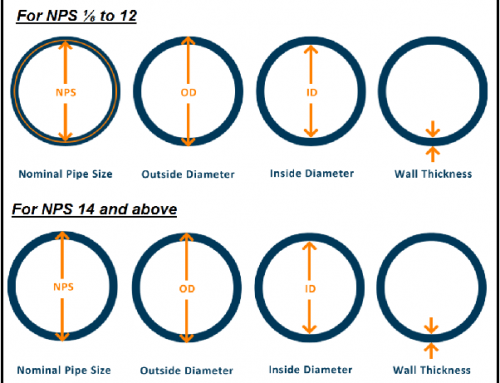
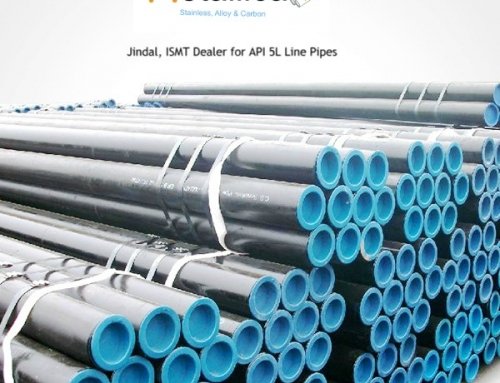

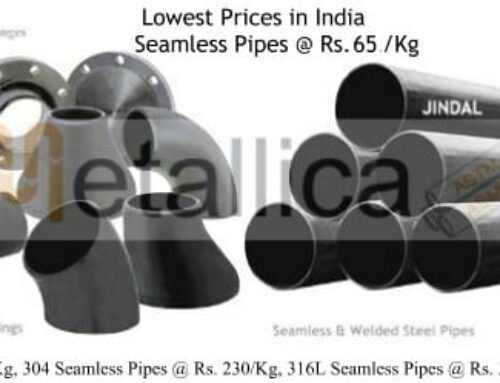
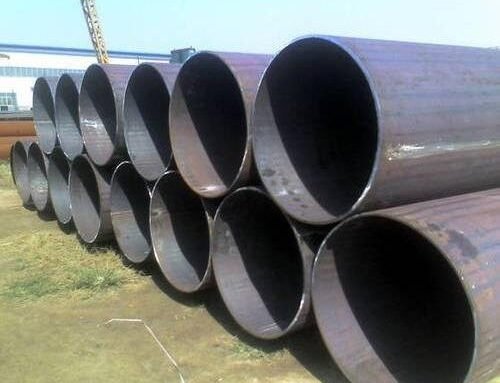
Leave A Comment